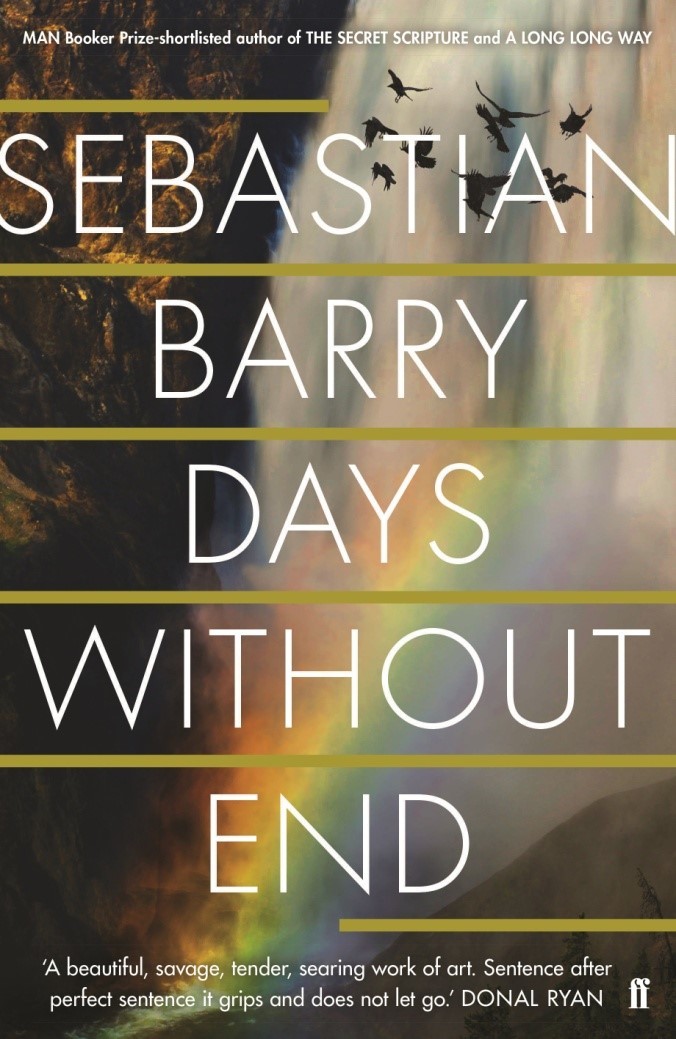by Sebastian Barry
Allen & Unwin
Orphans Thomas McNutty and John Cole are only teenagers when they find themselves tramping through America in the 1850s, in search of work. They end up in a town where they are offered jobs dressing as women and dancing with saloon customers who are mainly miners starved of female companionship. Thomas loved the way dresses made him feel. “I never felt so contented in my life. All the miseries and worries fled away. I was a new man, a new girl. I was free, like those slaves were freed in the coming war”.
Unfortunately, over a short period of time, they became more boys than girls and it was time to move on. Thomas McNutty and John Cole were still in their teens when they volunteered for the US army, out of sheer desperation to get work. They found themselves in Nebraska, fighting the Indian Wars. The reader can hear McNutty’s uneducated Southern drawl as he tells of the atrocities committed and the horrific slaughter.
At a time when ‘queer’ meant strange, men could still find comfort in each other’s arms. As the two life partners grew to men, they survived the harsh army life and the drought, famine and frostbite of the American frontier. After a brief interlude in stage, with McNutty donning a dress again and having acquired an Indian ‘daughter’, the young men signed up again to fight in the Civil War.
Barry’s engaging story gives a very personal slant on some of early America’s pivotal historical events. It was not unusual for women to dress as men in the tough frontier conditions, but this story has gay protagonists with one being more comfortable dressing as a woman. McNutty speaks of war cancelling his youth and longing to live out his days with his family. The last part of the book is quite suspenseful, and the reader will find themselves hoping he gets his wish right up to the very end.
Lezly Herbert






